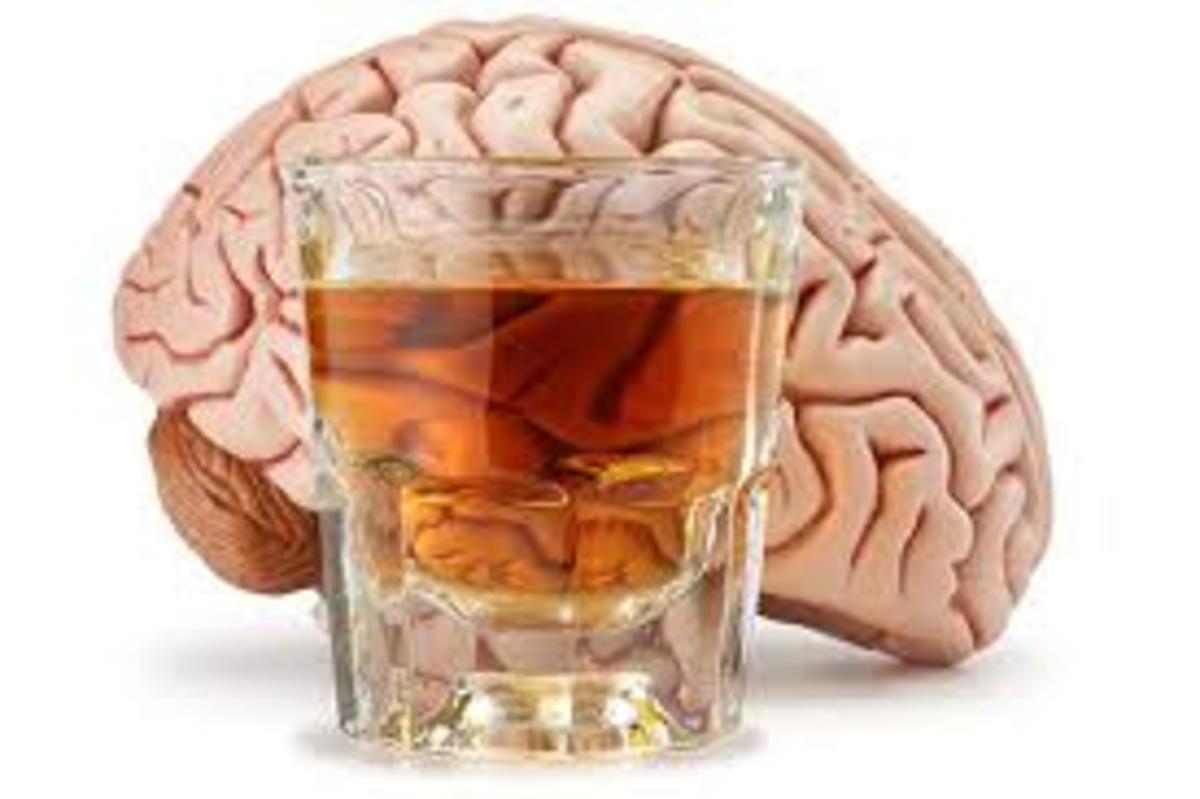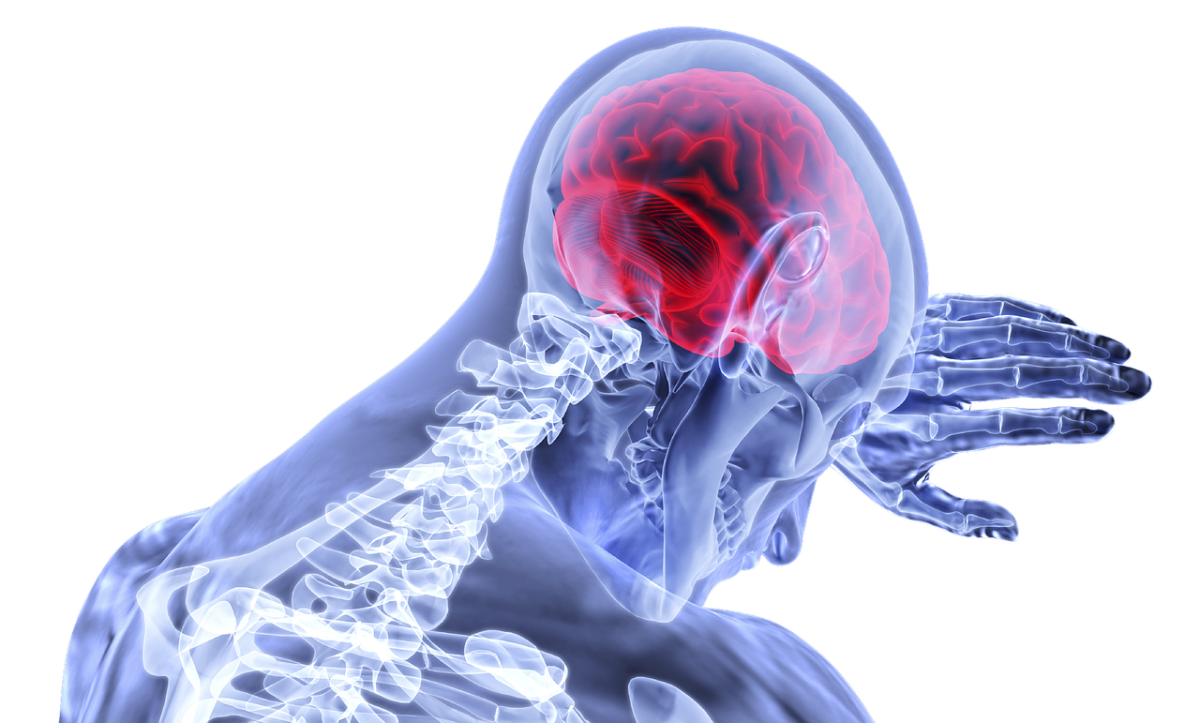Amnesia.
What is Amnesia?
According to Arthur Wingfield & Alice Coronim-Golomb (2001), Amnesia is a general term that refers to a serious memory deficit typically associated with medial temporal lobe or diencephalic lesions. It is a condition where a person experiences memory loss. An individual suffering from amnesia is quite forgetful and needs to be reminded about recent information every minute. The loss of memory and forgetfulness could be due to organic head injuries or other psychological conditions such as depression, stress, and shock. A condition of memory loss is considered to be a disorder when a person has demonstrated it for so long. The condition turns out to be so irritating and uncomfortable for the victim. However, everybody at one point forgets ones in a while. It is normal and can not be considered to be Amnesia or abnormal.
Signs of Amnesia.
Explicit Memory
The Typical amnesic patient is unable to recall recent information, whether it is what they had for breakfast that morning, a new address or a new telephone number (Arthur & Alice,2001). The loss of memory is intense and abnormal compared to other people. A patient finds it hard to remember even the most recent information. They are always basic memories that one does not have to master. That is why they are called explicit memories. When one starts forgetting such basic and easy to remember memories, it is considered a psychological disorder known as amnesia.
Implicit memory
By contrast to the deficit in explicit memory, some forms of memory can be retained in amnesic patients, even in severely impaired individuals(Arthur&Alice,2001). This type of memory is what is known as "Implicit Memory". Patients suffering from Amnesia can remember some form of information despite forgetting the most crucial or recent information. However, it is unconscious to them and can not be able to tell that they have the information. They do it unconsciously. When given a clue on some information, the patients can connect with what they have stored in memory. They remember the information or words but not in the right sequence as it is supposed to be.
Types of Amnesia
Anterograde Amnesia
Patients suffering from Anterograde Amnesia are unable to remember short-term memories but long term memories remain intact. For example, patients who undergo head surgery can remember events that happened before the surgery but are not able to recall memories that occur after the surgery.
Retrograde Amnesia
This is where an individual is not able to remember the events that happened before or during the onset of the disease after the surgery. When one is suffering from Retrograde Amnesia, one losses both previous and existing memories.
Transient Global Amnesia
Racheal Barclay (2016) states that this kind of Amnesia is poorly understood. Patients experience confusion or agitation that comes and goes repeatedly for several hours (Racheal,2016). It mostly occurs in middle-aged persons and older people.
Infantile Amnesia
As Racheal (2016) puts it, patients suffering from Infantile Amnesia cant remember events that happened three to five years of their lives. It is also called childhood Amnesia.
Causes of Amnesia
Racheal Barclays (2016) explains the following as causes of Amnesia;
Dementia
People with dementia usually lose more recent memories first and keep older memories longer. Alzheimer's is the most cause of dementia.
Anoxia
Anoxia is the depletion of oxygen in the brains. When severe damage is not caused to the brains due to depletion of oxygen, it may lead to loss of memory.
Damage to the Hippocampus.
Hippocampus is the part of the brain and the limbic system responsible for memory. The activity of the hippocampus includes forming memories, organizing and retrieving memories. When it is damaged one may experience memory loss since it is not able to function very well as required.
Head injuries
Head injuries, tumors, and infections can also lead to brain damage. The brain gets damaged, the memory is affected and one is not able to remember events. Forming memories may also be difficult.
Alcohol use
The use of alcohol can lead to a short-term loss of memory during a black-out. Wernicke-Korsakoff syndrome is caused by using alcohol for a long period. This can result in difficulty in forming memories.
Trauma or Stress
Experiencing a lot of trauma and stress can lead to Dissociative Amnesia. The mind rejects thoughts, feelings, and information that you are overwhelmed to handle.
Diagnosing Amnesia
Amnesia can be diagnosed by a specialized Doctor. It can be done by asking a question about the recent events and family members. The Doctor may also ask questions to determine the cognitive status of the patient. These involve thoughts and perceptions about certain events, information or people.
How to Treat Amnesia
After the diagnosis, the doctor will focus on the underlying issues. These are the underlying issues that are leading to memory loss. Amnesia caused by alcohol can be treated through detoxification. One is detoxified, the alcohol content in the body reduces and can regain memory.
Dementia is not curable. A doctor can only prescribe medication that can only assist in learning and memory. The medication boosts the memory of an individual and helps the patient to remember. Occupational Therapy can also be applied to assist patients suffering from Amnesia.
Reference
Arthur Wingfield & Alice Coronim-Golomb(2001):
Amnesia. Nature Publishing Group,2001.
Racheal Barclay (2016).Amnesia.University of Illinois-Chicago, College of Medicine








